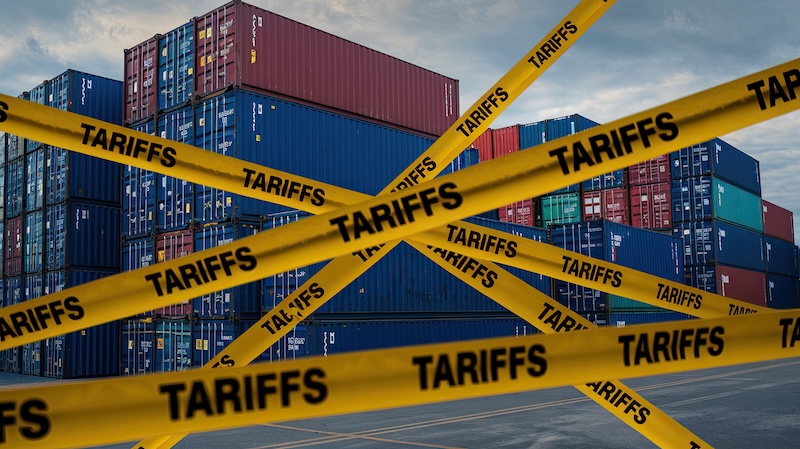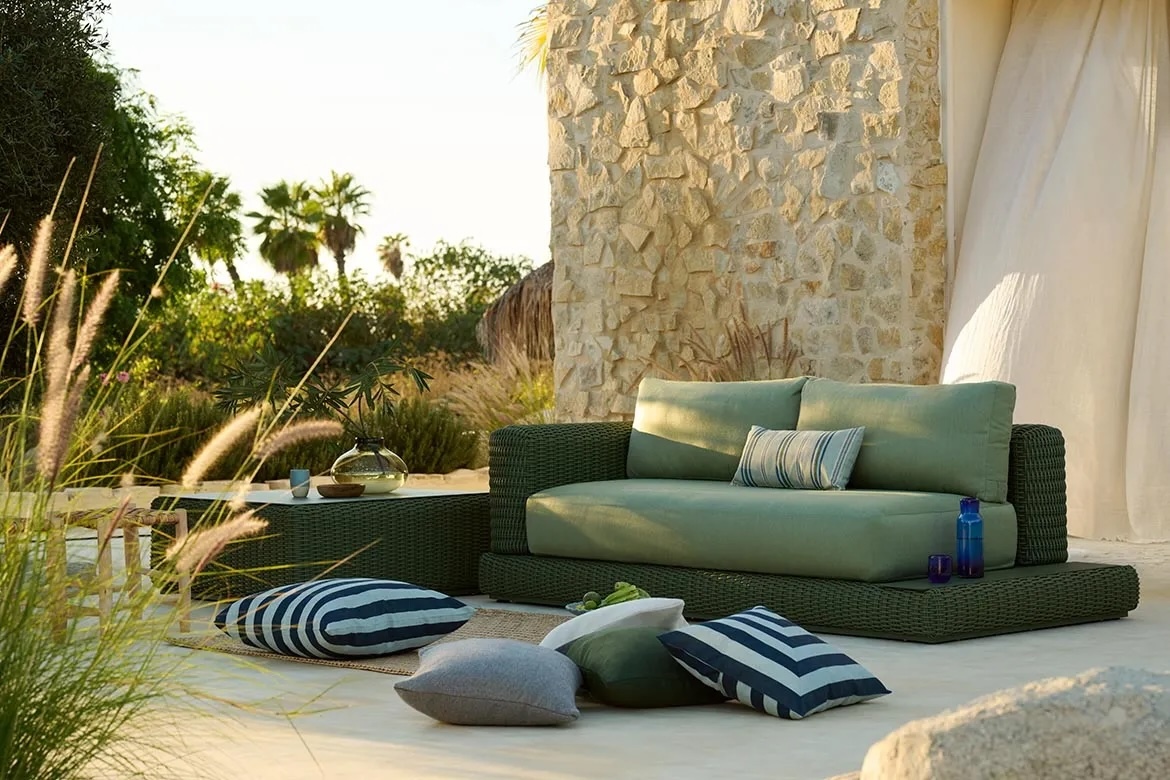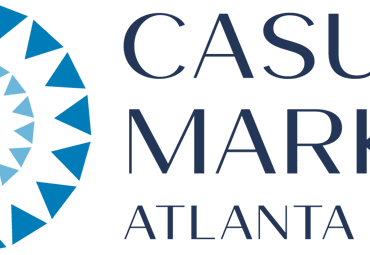
As the uncertainty continues regarding tariffs on import goods enacted by President Donald Trump, casual retailers are mostly stuck in a wait-and-see pattern.
“It’s very difficult doing any type of planning or strategizing,” said Brad Schweig, vice president of operations, Sunnyland Outdoor Living in Dallas. “With all of the constant changes and delays and chaos of the decision-making, there is no point trying to plan ahead.”
Last week, Trump announced a 90-day pause on additional duties above the universal 10% tariff on most nations, with the exception of China, which is now subject to a 124% tax rate on imports with new reciprocal tariffs combined with previously announced duties. The ups and downs of these tariff announcements have sent the stock market reeling and triggered plunging consumer confidence.
“We are concerned about it, as our customers often make buying decisions based on their personal portfolios, investments and job security,” said Scott Horvath, owner, O’Malia’s Living in Carmel, Indiana. “Many of our customers are seeing the impact within their own businesses and assume that we have already made adjustments. We have already been pushing out marketing messages that state ‘No Tariff Increases,’ ‘Buy Now Without a Tariff,’ to encourage families to get in early.”
Kristine Schultz of Patios Plus in Rancho Mirage, California, said the pandemic forced their business to reassess their assortment and focus on domestically made products. With that in mind, she’s hoping they won’t see major impacts on their business.
“I am hoping it will not be too huge of an adjustment,” she said. “Since Covid, we stopped buying containers and have concentrated on companies that are not too heavily allocated to product produced out of the country. We are concentrating on either locally made or companies that have a warehouse program in the U.S. that we can pull from. Tariffs will be on special orders only. We are hoping our stock will become more valuable as we will not be raising those prices.”
With the 90-day pause on tariffs set to expire in July if the Trump administration doesn’t extend it, coupled with the existing 124% tariff on imports from China, retailers will likely have to make difficult decisions during Casual Market regarding which vendors to work with.
“Right now, we are not expecting much of an impact in 2025, but we are curious about 2026 and will be anxious to talk to our partners at the ICFA events in July and September,” Horvath said. “It is more important than ever to get in front of vendors and ask questions. We will assess current relationships and may make changes based on their increases.”
Schweig said that depending on the amount of tariff increases passed on by manufacturers, he anticipates making decisions to avoid significant price increases in the store.
“It’s not so much the tariff but the final price of the item and determining if the customer will still find value in the product based on the new price and/or if we can find a comparable item somewhere else for less,” he said. “Our goal is to hold off raising prices as long as possible unless it is absolutely necessary. Part of that has to do with the consumer, but part of it is that we don’t want to change tags knowing we may need to change them back 48 hours later.”
Though they don’t buy containers, stores such as Patios Plus sell teak, which is typically not produced in the U.S. and would be subject to additional duties should the 90-day tariff reprieve be lifted. Schultz said that if that happens, she hopes vendors will work with their dealers to minimize additional costs.
“We will concentrate on dealing with companies that have the most reasonable program — not all companies are passing the total on, some are having small price increases,” she said. “It’s a bit of a wait-and-see since there has been a 90-day reprieve, but I think the manufacturers should do the same reprieve and not put tariff charges or price increases until actual tariffs have been decided.”
As uncertainty persists, casual retailers say they’re trying to remain hopeful that more clarity will come in time for their buying decisions in July and September. But one thing remains certain — should these tariffs stay in place and force manufacturers to raise prices, stores will have to adjust, as well.
“Ultimately, we will pass along tariff increases to the customer,” Horvath said. “Following the challenges coming from the pandemic and subsequent inflation, we don’t find this optimal, but we do remain optimistic that solutions exist.”
*Editor’s note: As this situation continues to unfold, we would love to hear your thoughts on the issue of tariffs. Contact me at jennifer@homenewsnow.com to share your perspective.








